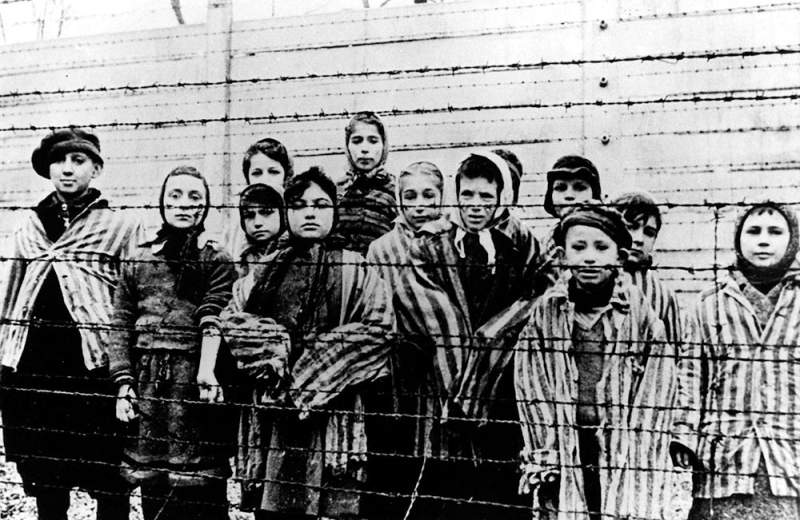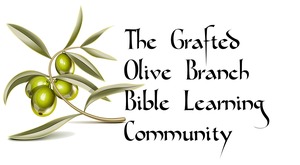The Hebrew Emphasis In The Grafted Olive Branch

There has been much written and spoken in recent years about the Roma being from one of the lost tribes of Israel. Some people feel very strongly about this in both support and rejection of the idea.
One reality though is undeniable the Jews and The Roma have been hunted and persecuted as people for being simply who they are for nearly 1000 years in Europe.
We do not know much concerning how the Jews relate to the Roma but we know that the Roma identify themselves with the Jews.
Whatever the truth one thing is clear Jews and Roma have been beaten, raped, humiliated and gassed because of their national or racial identity.
With this in mind, several Roma Christian leaders have shared how they want to see more of Hebrew Messianic symbolism be brought into the life of the Roma Church.
That is why we have made the conscious decision to contextualise this Learning Community to both Roma and Jewish culture.
All of the names attributed to Yeshua speak to his messianic qualifications. Indeed, the name Yeshua, from the Hebrew root for “salvation,” reminds us of his purpose for coming into the world (cf. Matthew 1:21). Yeshua is the original form of the name that the Greeks translated into Yesous, which, in turn, was later translated into various dialects around the world (e.g., Hesous, Jesus, etc.). Although it is understandable and proper that the name of Yeshua be translated into the various languages, it is also ironic that many have forgotten (or are unaware of) the very name by which he was called when he lived in Israel in the first century. The name Yeshua would truly have a beautiful ring to it, as it still does for his followers today.
In many English Bibles, this proper name is followed by what may appear to be a second name, Christ. In the western world, we hear this combination (Jesus Christ) so often that we frequently forget that the second part is not a name but, in fact, a title. The Greek word Christos is a direct translation of the Hebrew Mashiach or the anglicized Messiah. The term in all these cases means “anointed one” or “poured-upon one,” as when a priest or king was ordained for service with the symbolic pouring out of oil. In this sense of the word, there are many “messiahs” in the Tanakh.
RABBI KASDAN

